How can I raise awareness of the things I care about without being called radical, feminazi or communist?
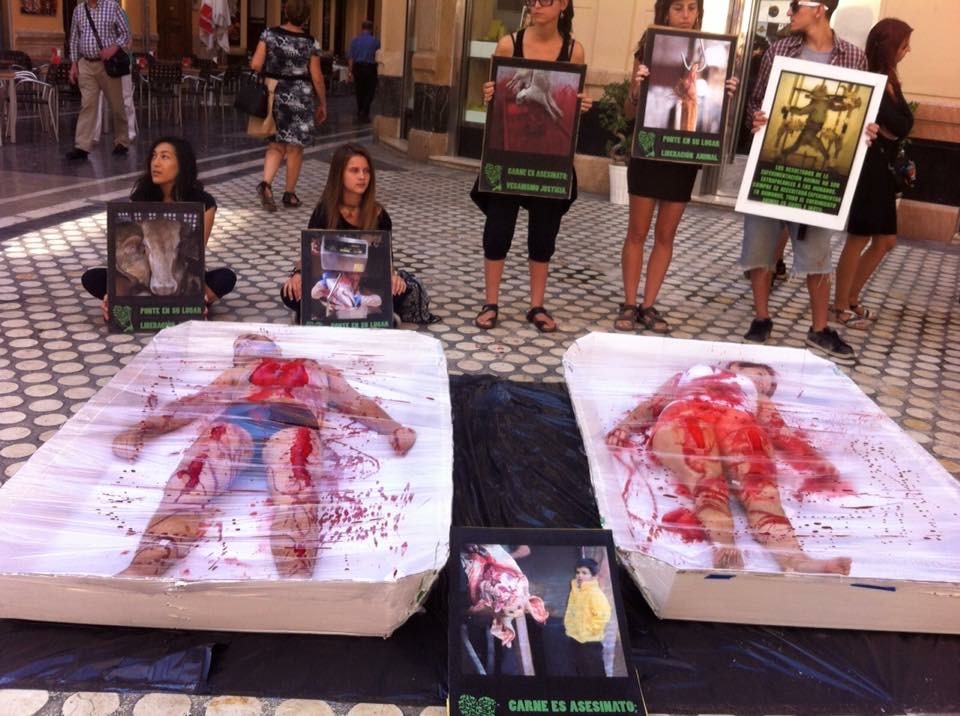
(Photo by Luisa Gonzalez Boa)
One of the programs at my højskole was called “The world is burning”. The whole school had a political activism vibe, but those four words have stayed with me ever since.
At the time, in 2015, I found the name too intense. The program had a particular focus on two regions: Myanmar and Mexico. Far away regions, conflicts and problems that did not affect us. I thought. However, watching the news in the past week (better, the past year!) kept reminding me of those four words.
Cause now it actually feels as if the world is burning. And will continue to burn.
As the world battles with social, political, and ecological crises, it is imperative that though we feel frustrated and powerless, we don’t give up. It’s true we alone cannot change the world, but small actions have an impact too – let’s remember how Greta Thunberg and the Fridays for Future movement all began: by one single girl striking in front of the Swedish parliament.
I know, I know, we can’t all be Gretas. We don’t need to. We can take our own small action and be part of a bigger movement too. But sometimes it can feel lonely and attempting to engage your friends can be challenging. I often wondered: How can I raise awareness of the things I care about without being called radical, feminazi or communist? How can I engage my friends without people rolling their eyes as an answer?
Well… I don’t fully have the answer.
But I have tips on how to begin your journey with activism. With issues like economic crises, climate change, and racial & LGBT injustice affecting our lives, our generation has a strong calling to participate in social movements, as well as a sense of urgency in tackling these issues.
How can I engage my friends without people rolling their eyes as an answer?
We can no longer ask ourselves: What kind of planet do we want to leave for our kids? We should be asking: What kind of planet do we want to live on? However, as beginner activists, it’s normal to struggle while navigating these waters.
My beginnings
My personal political activism began in 2003 when Spain entered the Iraq War. Back then, I was 8 and did not – obviously – understand geopolitics and the need for an army. I didn’t even know what oil was. All I knew came from pictures of protests in Madrid – and all-around Spain – with big signs saying: “No to war, yes to peace”.
So, I went to my dad’s office, dug up old markers and painted signs that I later taped to my neighbors’ doors, only to remove them half an hour later due to… well, laws and regulations on private property. Needless to say, nobody took me seriously, but that didn’t matter. I was committed to a cause I believed in.

Later that year, I met a girl who gave me a bracelet with a Nazi swastika crossed out and the words “F*ck Nazism”. As soon as my parents saw, they made me remove it out of fear that I could get into trouble. Yup, 2003 was not a good year for Super-Luisa, an 8-year-old girl who was trying to save the world.
Back then I felt powerless and frustrated. But far from discouraging me and stopping me from voicing my concerns and values, it fueled them. And they are the foundation of my values and principles.
Principles and values
Leaving aside political views, we all have principles and values. Some of these values are nurtured.
My upbringing was luckily marked by tolerance and respect. My mom would buy me children’s books from the Second World War from an early age and educated me to be open-minded and respectful. But your principles and values can also be developed on your own, in fact they must, as society evolves, we find the need not only to adapt but to continue improving.
I am proud to say I come from a family where my parents have tried their best to educate two young girls against homophobia and racism. But I am proud of the values I have acquired by myself too, the ones I had to learn in a tougher and more rewarding way: seeing social injustice and feeling unsettled and uncomfortable about it.
Educating myself
The past years have been a learning curve for me. Since I was a kid, I have felt the need to save the world, but as I thought it was a task for adults, I was patiently waiting to become one. Then, high school graduation came, and I had no idea where to begin. So, I began by educating myself on activism.
In 2015, I joined Krogerup Højskole for a semester with a program that was a collaboration between the school and a Danish NGO called Crossing Borders. Here, I learnt more in practice about globalization, crises in international affairs and sustainability.
My time there was eye opening. Not because of what I learnt in the classroom – which was nevertheless valuable, but because of the people I had the pleasure of meeting and sharing my temporary home with. I met people who came from 10+ different countries. Some were teenagers just like me who wanted to experience Denmark and meet new people, others were coming to Denmark as refugees from war zones, running away from oppression, forced marriages, and dictatorships. It was the first time in my life that I was faced with the notion of privilege.
Through debates, discussions and – sometimes – arguments, we all explored our backgrounds, values and grew together. A girl showed me her visa application to Denmark signed by her husband and his family – since they married her to him, she had no ownership of her life until coming to Denmark. Another guy, from a privileged family in the Middle East, continued to argue throughout the six months that everyone has the same opportunities no matter where you are born, you just need to work harder. He got many rolling eyes. When I left the school, I was a very different person, with different ambitions and a harsh slap of reality: The world was burning.
A developing process
After that semester, real life called, and I had to start thinking about a formal education and a job.
Thus, continuing the process that I had already begun in educating myself on global affairs now required extra effort. Documentaries, books, YouTube videos… it didn’t feel enough. I was lacking some action. Given my time and language constraints, there were limited options, but I made sure I explored them. During the first two years of my bachelor’s degree, I engaged in a series of organizations and events around Copenhagen and Málaga (Southern Spain) that helped me find inspiration to continue my education process.
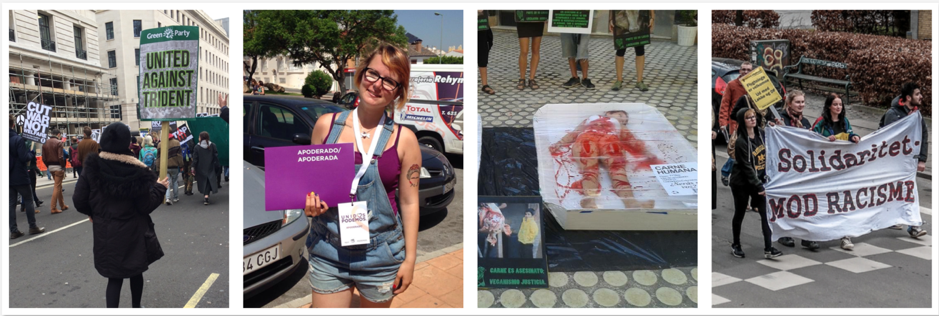
To name a few, I took part in several protests during the wave of refugees (2015), engaged in the elections in Spain (2016), and have been part of several associations advocating veganism (2016). After these experiences, I felt frustrated and powerless as I got to see first-hand how many people just walk by and politicians don’t act. It was time to settle and find a more effective way that worked better for me. I came to realize that activism isn’t just attending one or two protests. It’s the long game. It’s about improvement and progress towards a goal.
That’s why – as much as you want to fix every single problem in the world – it’s good to pick one issue that you feel strongly about and stick with it.
Naturally, physical attendance is important too, and you can always show your support for different causes by attending protests and other events. But it’ll be very hard for you to engage in all the causes beyond attending the event. That’s why narrowing it down can help to focus and prevent you from feeling too overwhelmed and burnt out.
The power of social media
Not everyone lives in a big city, nor in an area where things are happening. But we (almost) all have a smartphone and social media profiles. I believe that social media amplify the passion of activism. To begin with, it’s an amazing place to learn about issues that are happening, and to educate yourself on the causes that you want to engage in. Social media forums are also the place to find one another and strategize. And they are places to voice our concerns and raise awareness, among the online community and our own social circles.
In my case, it has helped me get closer to some acquaintances by discussing relevant topics we had in common, to debate and ask our doubts out loud. With social media, I am no longer afraid of asking for help to inform myself better, to access different resources and to exchange views with my peers. It has also allowed me to stay active during the times I’ve lived far away, in places where activism is frowned upon.
Get used to rolling eyes
The truth is that it is an extremely powerless process. Raising awareness and engaging in activism is not easy, because sometimes people just don’t want to listen. I often felt stifled by my sense of political and social urgency in fear of a negative reaction from my circle of friends and family.
Yup, 2003 was not a good year for Super-Luisa, an 8-year-old girl who was trying to save the world
Moreover, it can feel scary. I have been there. I have feared tags or repercussions that my actions could have in other aspects of my life. Job hunting, old friends who I met before we developed a political stance, conservative family members… I have many friends that think of themselves as apolitical. “Politics don’t concern me” they say.
My mission has always been to show people that politics do concern every single citizen. As a Spanish poet once said: “Engage in politics, cause if you don’t, someone else will and will use it against you”. Being apolitical is indeed a political stance. You might think of yourself as apolitical because right now you hold a position of privilege, but it won’t last forever.
What I have learnt from all these past years is that I might not have the right recipe for trying to raise awareness without being too political or considered annoying, but that’s fine too. Because when you express your ideas and stand up for what you believe in, ultimately you will end up surrounded by the right people.
Hanging signs around a small neighborhood in a small town in Málaga didn’t prevent Spain from entering the Iraq war. Not at all. But it was how I started to take action, action that would later be channeled into my academic and professional career and my personal principles and values. It’s time for all of us to start hanging signs around our own personal spaces.
Time for all of us to act. I mean… someone has to put out the fire that’s burning the world, right?
PS: we don’t need to aim to save the world… we can keep our goals at: let’s just make it a better place step by step. Also, here’s a shoutout to my amazing friend Chiara (also a CBS student) who taught me so much about climate activism.



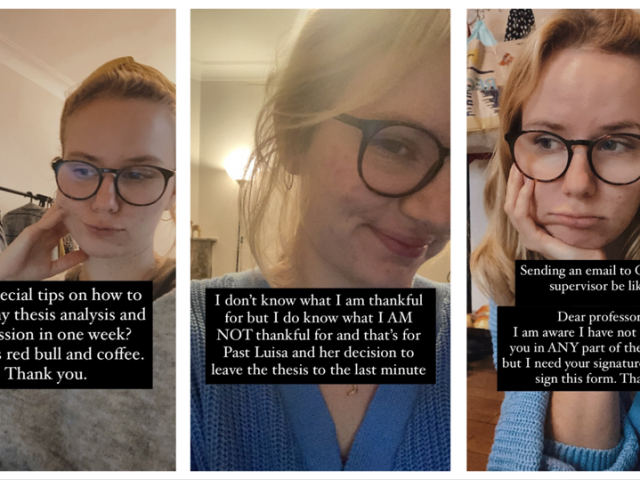
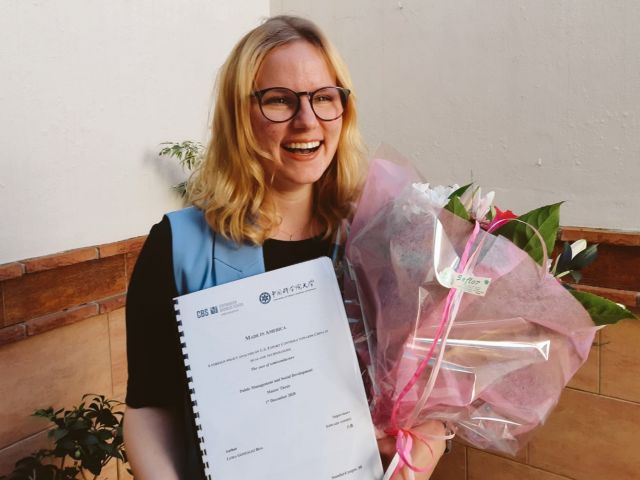
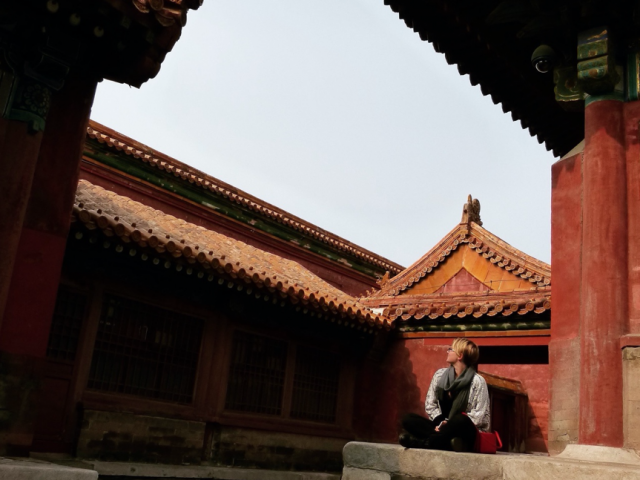
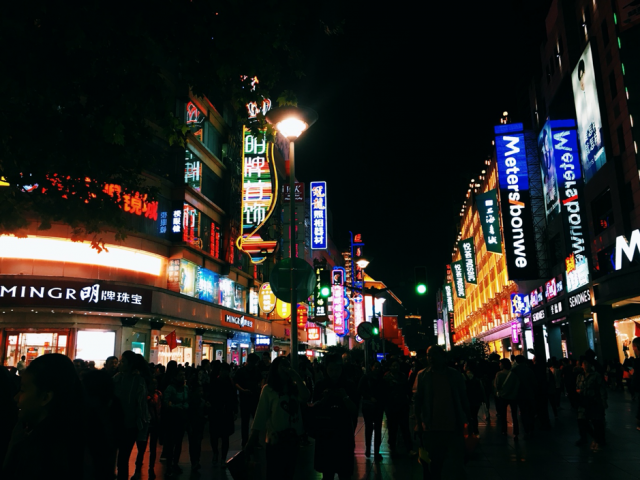
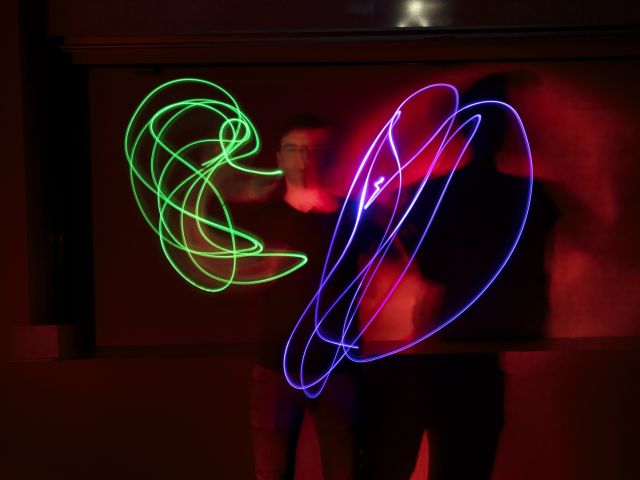
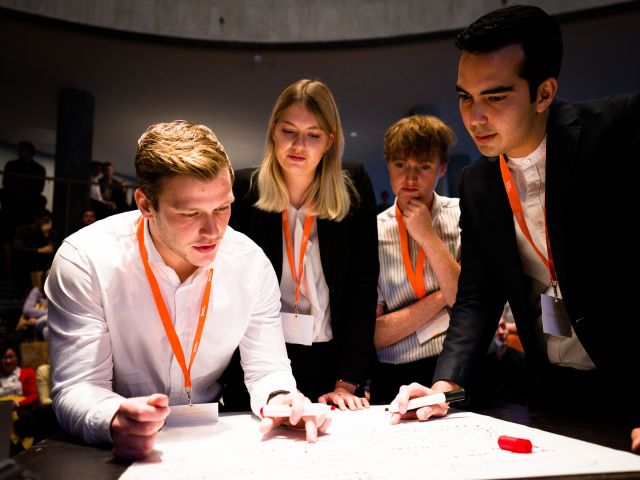




























































































































Comments